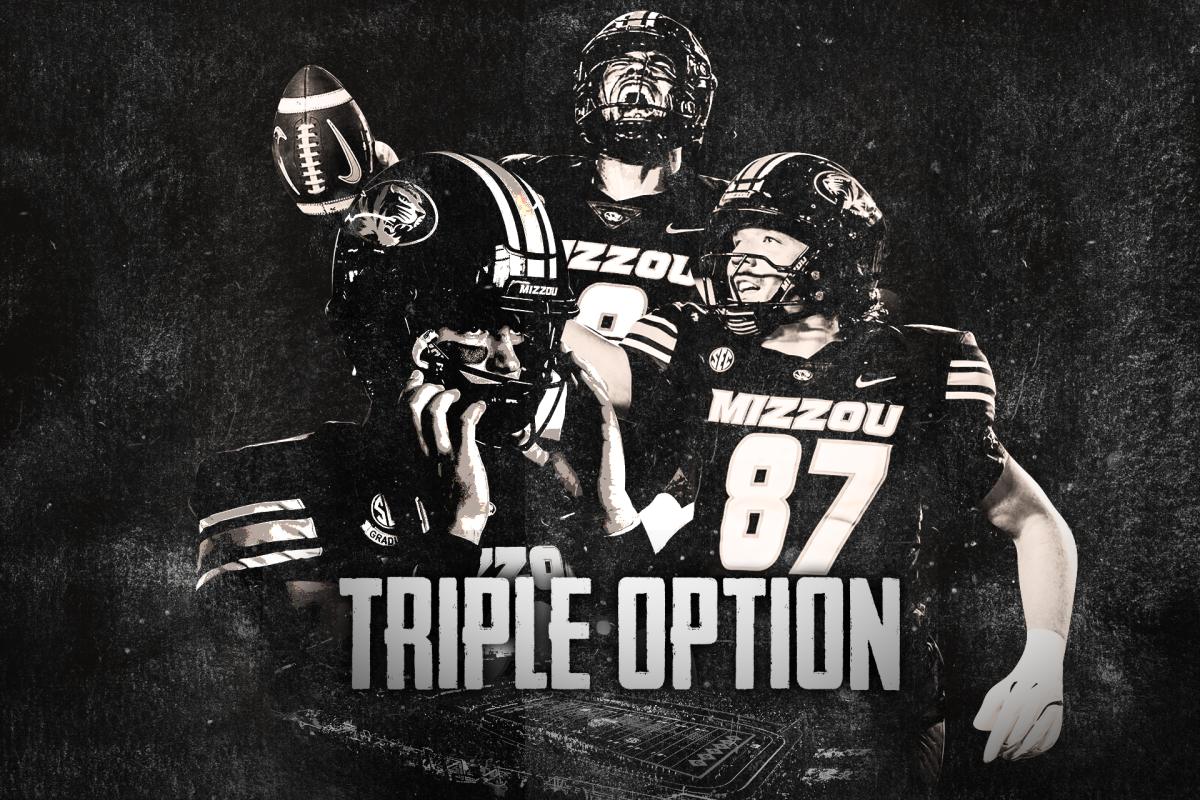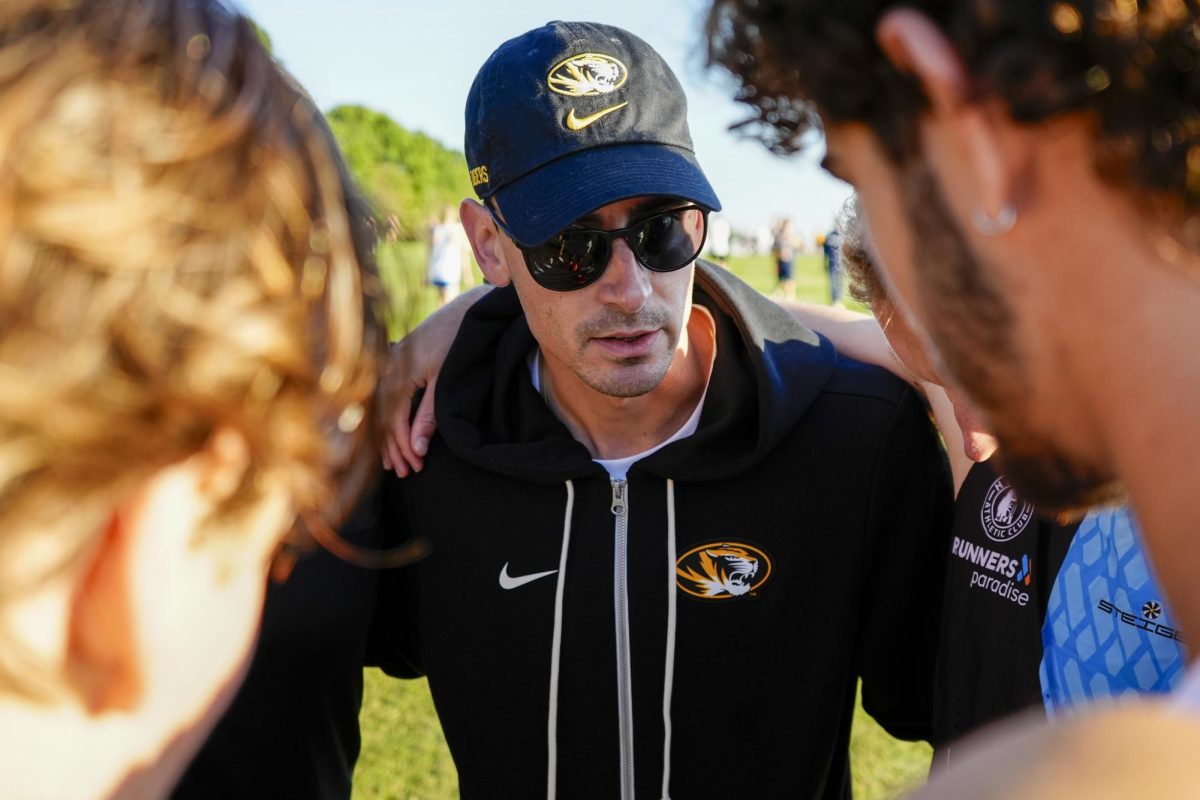Two married couples run the Missouri volleyball team, and they couldn’t do it without each other.
But the coaches’ connections began far before they arrived at Mizzou.
From 1994 to 1999, Wayne and Susan Kreklow served as co-head coaches for the men’s and women’s volleyball teams at Columbia College. On the women’s side, they found significant success as they claimed back-to-back coach of the year awards and national titles. On that team was none other than the 1999 NAIA National Player of the Year, Deng Yang.
After a handful of years coaching just across town, several coaching positions opened up at Mizzou. The couple was thrown into the mix.
“At the time, it was almost unheard of that you could go from coaching an NAIA or even Division II or Division III school and become a head coach at a Big 12 or a power conference school,” Wayne Kreklow said. “That just didn’t happen.”
So when they were offered the job, the couple looked to their future and imagined the regret they would feel in 20 years if they were too scared to take the leap. So they took it.
And Yang came with them.
Although she had only played in America for two years, she agreed to move on to coaching. And Mizzou was the perfect place for that because the Kreklows would be there.
Ever since she moved from China, the Kreklows supported her “as a player and a person,” according to Yang. They assisted her in everyday tasks, like finding where to get her lawn mower fixed or who to call about a broken pipe.
She returned the favor by looking after their three kids, picking up a lot of English from their Scooby Doo marathons.
“The environment that I work in became my No. 1 thing,” Yang said. “I want to be in a place where I feel comfortable because my language is different and I’m still a foreigner, no matter how many years I’m in this country. I feel comfortable to develop and grow as a good coach.”
However, in 2005 the dynamic soon shifted again when the couple’s cartoon-consumed kids transitioned into middle school and high school, picking up more activities that they were missing out on.
To give Susan more time and flexibility, the couple switched roles.
Not long after, the family aspect of the team expanded when setter Molly Kreklow, their niece, joined the program. Soon after came their daughter, Ali, who is now a sophomore setter and fixture for the Tigers.
And with family came favoritism, or at least the assumption of it.
With these new additions, the Kreklows found themselves especially conscious of their interactions in the gym.
“Honestly, sometimes, I’d like to compliment her or point something out that she’s doing well, but I’m not going to do it because it comes across as you’re only saying that because she’s your daughter kind of thing,” Wayne said. “That’s hard sometimes but she gets it. She knows.”
By now, the family has grown so used to this dynamic that in the gym, Ali said, she often forgets they are mom and dad. They are simply her coaches. The same goes for Yang, another maternal figure in her life.
The final addition to the family arrived just two years ago: Yang’s husband, Dawei Shen. After going back and forth between the United States and China to coach a professional team, Shen decided to stay and join the program as an volunteer coach.
Last September, the couple’s wedding was more of a team event. The players, coaches and staff made up for their family members who couldn’t make it.
And from then on there would be two coaching couples: four people that share the same “just do it” coaching philosophy, as Wayne put it. The pairs also agree on how to run the team: like a family. Typical, maybe. But this team surpasses the cliche closeness.
“We all have our own family but as coaches we really feel that our team is our family too,” Yang said. “The Kreklows run the team like a family and our players are like our kids.”
Now, both couples have coached together practically from the beginning of their marriage. For the Kreklows, they’ve become an inseparable package deal.
“Honestly, she keeps the whole thing running really,” Wayne said. “I’m just the on court. I couldn’t do this without her. I couldn’t do it.”







